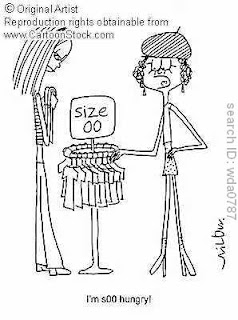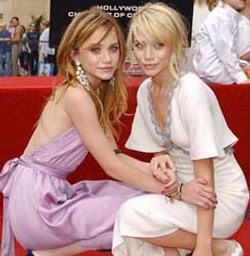 For a lot of people, dating in the workplace is a very important topic, indeed. While the logic is obvious -- people often spend more time at work than just about anywhere else, so where better to find a potential mate than in a professional setting? -- the dangers and risks are quite high too.
For a lot of people, dating in the workplace is a very important topic, indeed. While the logic is obvious -- people often spend more time at work than just about anywhere else, so where better to find a potential mate than in a professional setting? -- the dangers and risks are quite high too.There's danger lurking in office romances, genuine risks to your career and credibility, along with your mental health.
Do they say yes because you're higher ranked (or, worse, their boss)? Do they say no and then fear for their job and/or evaluations thereafter? Do they say yes, then drop you after a date or two, hoping that you'll subsequently be able to differentiate between pleasant social interaction and sexual harassment at work?
And what about the opposite? If they're higher ranked than you, aren't you putting yourself in an inferior position by asking them to go out on a date? That's not the basis of a long-term successful relationship for most people nowadays.
The trite cliché of the boss and his secretary (rarely the boss and her secretary) is problematic for exactly this reason: is the secretary saying yes because she fears for her long term employment prospects or because she thinks the boss is wonderful?
Then there's the all-important question of what happens when the relationship ends?
It's a bit much to expect that your co-worker, boss, or employee can keep their feelings out of the office, and it won't take long for the rest of the group to push both parties out or raise a red flag to top-level management, or even just leave, en masse, in disgust.
If the company is a family metaphor, an organizatonal romance is incest! Most organizations do not encourage the idea of "office romance" since it can disrupt work, cause perceptions that one of the partners is being given unfair advantages and affect the credibility of the organization in the eys of the clients. Office romances are in a sense no longer dyadic relationships, they can affect the attitudes and behaviours of all co workers.
Your mileage will vary. In fact, I'm sure this is a pretty controversial subject, so what's your opinion and take on office romance? Do you think organizations should encourage it or otherwise?
Share your views!
















